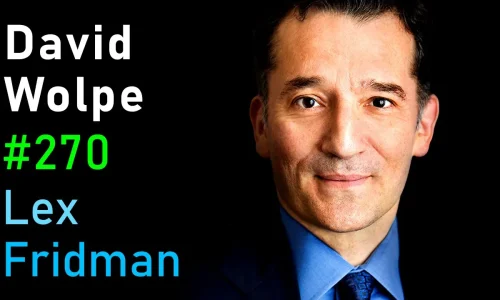See all Lex Fridman transcripts on Youtube

David Wolpe: Judaism | Lex Fridman Podcast #270
2 hours 10 minutes 55 seconds
🇬🇧 English

Omnivision Solutions Ltd
- Getting Started
- Create Transcript
- Pricing
- FAQs
- Recent Transcriptions
- Roadmap

2 hours 10 minutes 55 seconds
🇬🇧 English

Omnivision Solutions Ltd